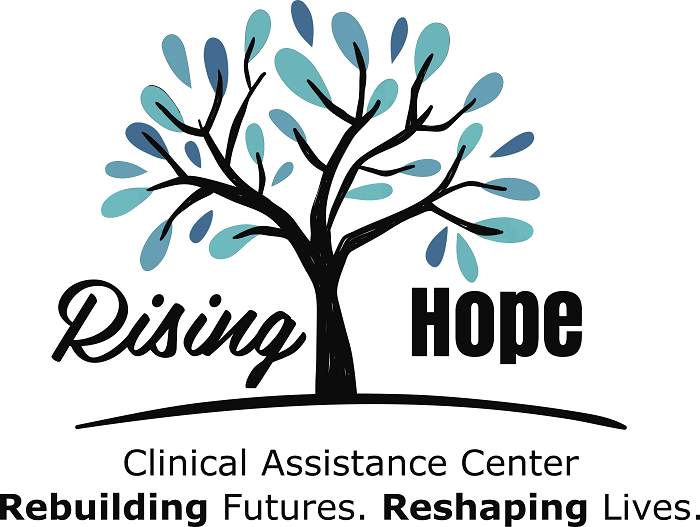What is Mood Disorder?
If you have a Mood Disorder, your general emotional state or mood is distorted or inconsistent with your circumstances and interferes with your ability to function. You may be extremely sad, empty, or irritable: all signs of depression. In other cases, you may have periods of depression alternating with being excessively happy, known as mania or manic disorder.
Anxiety disorders can also affect your mood and often occur along with depression. Mood disorders may increase your risk of harming yourself or others.
Treatment will vary based on the specific illness and symptoms that are present. Usually, treatment involves a combination of medication and psychotherapy, also called talk therapy. Therapy sessions may be conducted by a psychologist, psychiatrist, or another mental health professional.
Types of Mood Disorders
-
- Major depressive disorder is evidenced by prolonged and persistent periods of extreme sadness.
- Bipolar disorder is also called manic depression or bipolar affective disorder. It is a form of depression that includes alternating times of depression and mania, the latter of which is an unwarranted sense of extreme excitement or energy.
- Seasonal affective disorder (SAD) is a form of depression most often associated with fewer hours of daylight in the far northern and southern latitudes from late fall to early spring.
- Cyclothymic disorder is a disorder that causes emotional ups and downs that are less extreme than bipolar disorder.
- The premenstrual dysphoric disorder is mood changes and irritability that occur during the premenstrual phase of a woman's menstruation cycle and go away with the onset of menses.
- Persistent depressive disorder (dysthymia) is a long-term, chronic form of depression.
- Disruptive mood dysregulation disorder is a disorder of chronic, severe, and persistent irritability in children that often includes frequent temper outbursts that are inconsistent with the child's developmental state.
- Depression related to medical ailment is a persistent depressed mood and a significant loss of pleasure in most or all activities that are directly related to the physical effects of another medical condition. Examples of sources of this kind of depression would include a period after an injury, surgery, or diagnosis.
- Depression induced by substance use or medication occurs during or soon after substance use or withdrawal, after exposure to previously unused medicines, or after a medication change.
Talk to your primary care doctor about your symptoms; or seek help directly from a mental health professional. If you’re reluctant to see a mental health professional, reach out to someone else who may be able to help guide you to treatment, whether it’s a friend or loved one, a teacher, a faith leader, or someone else you trust.




